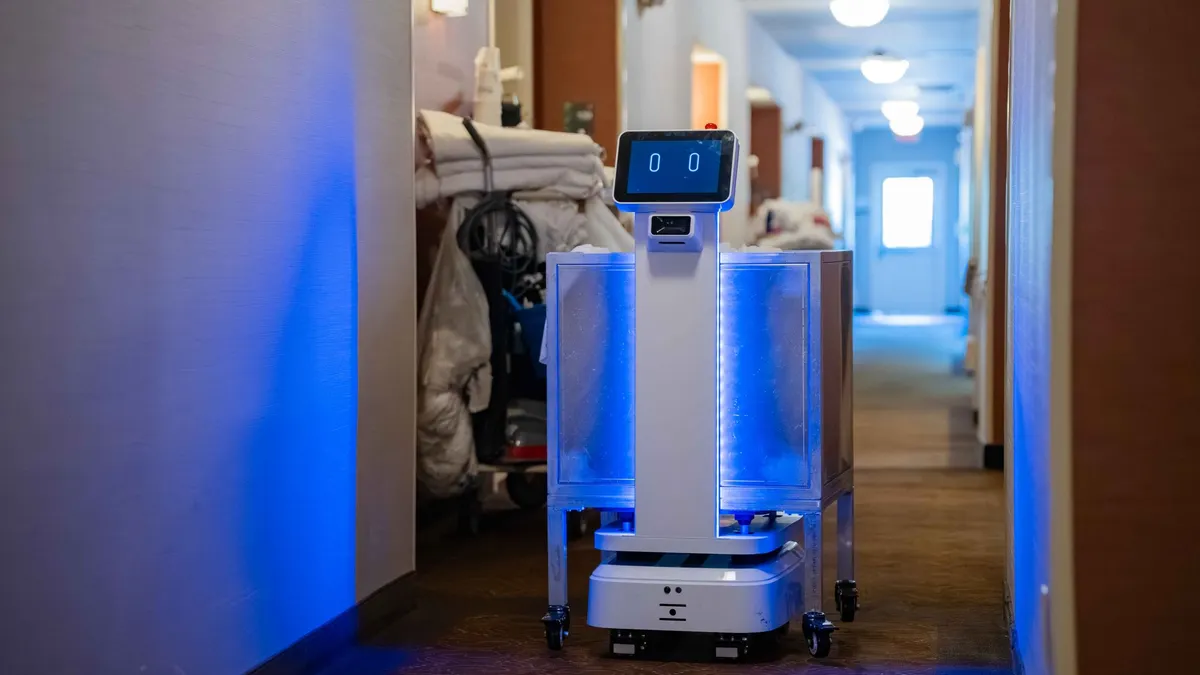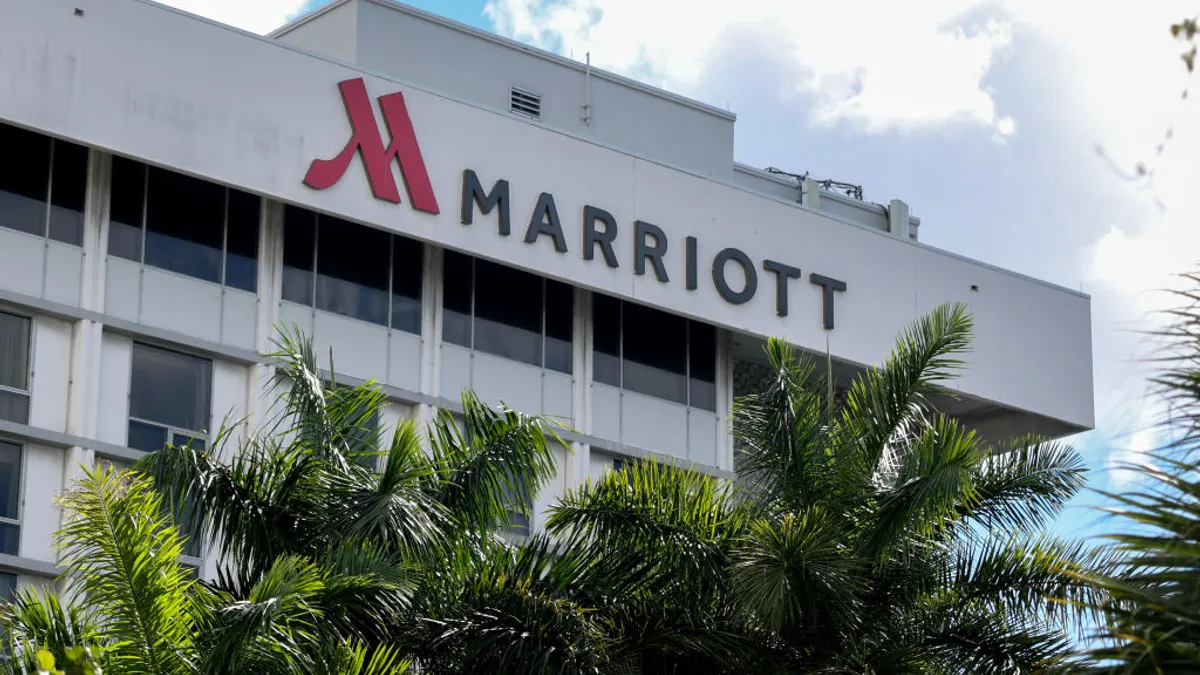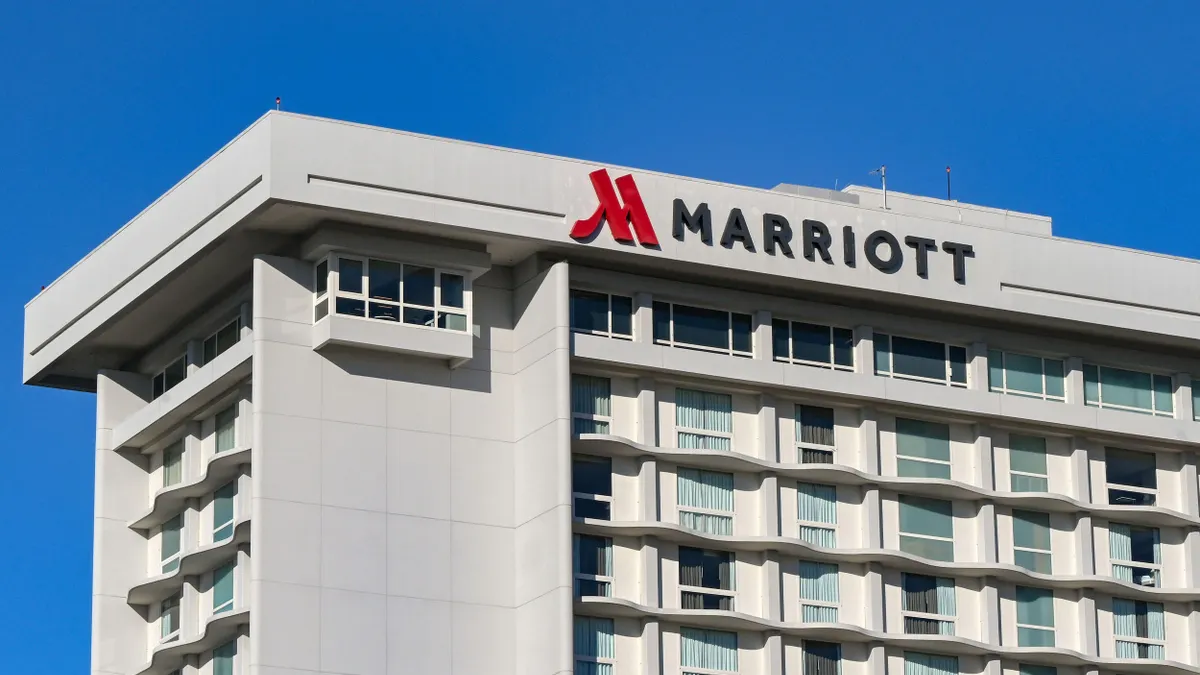The following is a guest post from Craig Maloney, InStride CEO. Opinions are the author’s own.
In January 2024, the U.S. leisure and hospitality sector hired more than a million people, primarily to replace the 781,000 who left their jobs that same month. That may sound like momentum, but it’s a warning sign. It signals churn, instability and a workforce strategy that isn’t built to last — especially in today’s uncertain economy.
In hotels, many operators have resigned to treating turnover as a cost of doing business. But those costs are significant: Replacing a single hourly worker can cost nearly $4,700, according to SHRM estimates — a figure that compounds rapidly in high-turnover environments.
Meanwhile, seasonal fluctuations and demanding roles have contributed to a workforce that often feels disposable, and responds accordingly. But in an industry built on consistency, service and guest loyalty, this approach is unsustainable.
No matter how quickly you hire (or how much technology you adopt), you can’t deliver excellence if your team is in a constant state of reboot.
Hiring for gaps, not for growth
In conversations with senior leaders across the industry, one thing is clear: At its core, hospitality is about people. Yet, hotel leaders today find themselves in a balancing act. They must keep operations running lean, delivering value to partners, all while navigating ongoing staffing shortages. In the search for short-term stability, it’s easy to fall into the pattern of treating frontline roles as stopgaps rather than springboards for career growth.
This reactive approach fuels churn, burnout, inconsistent service and mounting costs. In many cases, management teams are stuck in a loop of onboarding and training that never ends. What’s needed now is a shift from reactive hiring to strategic retention.
Hospitality roles should not be seen as endpoints — they should be entry points. That means offering clear paths to advancement, investing in career-aligned learning and making growth part of the employee experience. When companies invest in turning those positions into launchpads for longer careers, the payoff is measurable. Employees who see a future at their company are more likely to stay, engage and grow.
Growing talent from within
This approach is already yielding results. Brands that invest in internal talent through debt-free education and skills training are seeing measurable improvements in retention, employee engagement and operational efficiency.
One lifestyle hotel brand, for instance, launched an internal academy that offers online learning options, from English-language courses to bachelor’s degrees and high school diplomas, with 100% of tuition covered up front, including for eligible dependents.
Participants in the program experienced meaningful outcomes, including a 20% higher retention rate compared to non-participants. Some 89% agreed the program strengthened their belief that the company is committed to their growth and success, and 78% said it increased their desire to grow their career within the company. This is what long-term investment in people looks like.
Programs like this show that when employees feel supported to grow, not just do their jobs, they’re more likely to apply, stay, engage and see a future with the company. And that matters. Higher retention strengthens team continuity, reduces training costs and builds a culture of loyalty.
Without a strong, stable team, even the most advanced systems fall short. According to the 2024 study from Hospitality Technology, every hotel operator surveyed plans to increase or maintain their tech budgets this year, with nearly a third of that spend going to new implementations. But as industry leaders emphasize, new innovations like mobile check-in, artificial intelligence concierges and smart-room tech only succeed when teams are trained and motivated to bring them to life.
And for many of the roles where human connection is nonnegotiable (housekeeping, food and beverage, guest services), filling those positions remains one of the biggest challenges in the industry. It’s for this reason that future-thinking hospitality leaders are doing more than upgrading systems; they are upgrading people.
Building for the long term
Too often, professional growth is buried in HR systems or reserved for a select few. To become a true retention strategy, career development must be visible, attainable and embedded in the day-to-day employee experience. That means tracking progress, celebrating promotions and equipping managers to guide their teams toward real advancement.
In hospitality, where every moment of service matters, a stable, skilled team is the ultimate competitive edge. Technology can elevate the guest experience, but only if your people are equipped to meet that standard. The brands that will lead the industry forward won’t be those that hired the fastest — they’ll be the ones that invested in growth from within.
Now more than ever, that starts with education.


















